AI Has Made Reskilling Inevitable
AI is infiltrating our lives at an unprecedented speed. Its easy access and powerful capabilities have both employees and leaders questioning if AI will actually lead to job obsolescence, replacements, and layoffs. Such possibilities are supported by outcomes of past technological advances. Just look at how online shopping devastated physical retail stores, or the way self checkouts are systematically eliminating cashier positions. The concern is real. So how will this new, evolving technology actually affect the workforce?
According to a recent IBM study, AI is directly impacting business models, as companies utilize the technology to perform specific tasks. Executives feel, however, that the shift in businesses and their workforce is not necessarily for the worse. 87% believe that employees are more likely to be augmented than replaced by generative AI – but this doesn’t mean that all positions are safe. Based on the survey:
- 97% of executives think employees in procurement are more likely to be augmented than replaced
- 93% for employees in risk and compliance
- 93% for finance
- 77% for customer service
- 73% for marketing
As AI takes on more manual and repetitive tasks, the skills gap grows, making employee reskilling inevitable. The executives surveyed estimate that 40% of workers will have to reskill in the next three years because of AI.
Human resources will be integral in addressing the implementation of AI. As the Talent Management leader at Monarch HR Consulting, I’m already helping our clients assess their current operating models and processes to determine where AI makes sense, train talent to utilize it, address how the technology will result in a workforce shift, and more.
AI is definitely expanding the role of human resources. Moving forward, HR teams will need to:
- Prepare the workforce for the implementation of AI by training them on how to use it, moving people into new roles, creating new roles, or reskilling
- Communicate with workers to find out how AI can make their jobs easier
- Identify the needed roles and skills for the future of the organization considering where AI fits in
- Assess the ethical use of AI for tasks and how to mitigate any downsides
- Create processes for AI regulation and compliance, and train employees on that compliance
Interestingly enough, AI can help HR teams execute these tasks, as well as streamline recruiting, employee engagement, and employee development initiatives.
AI is part of the new workplace. Organizations and their workforces will need to embrace it and leverage it if they want to compete and stay relevant.
 En Español
En Español








